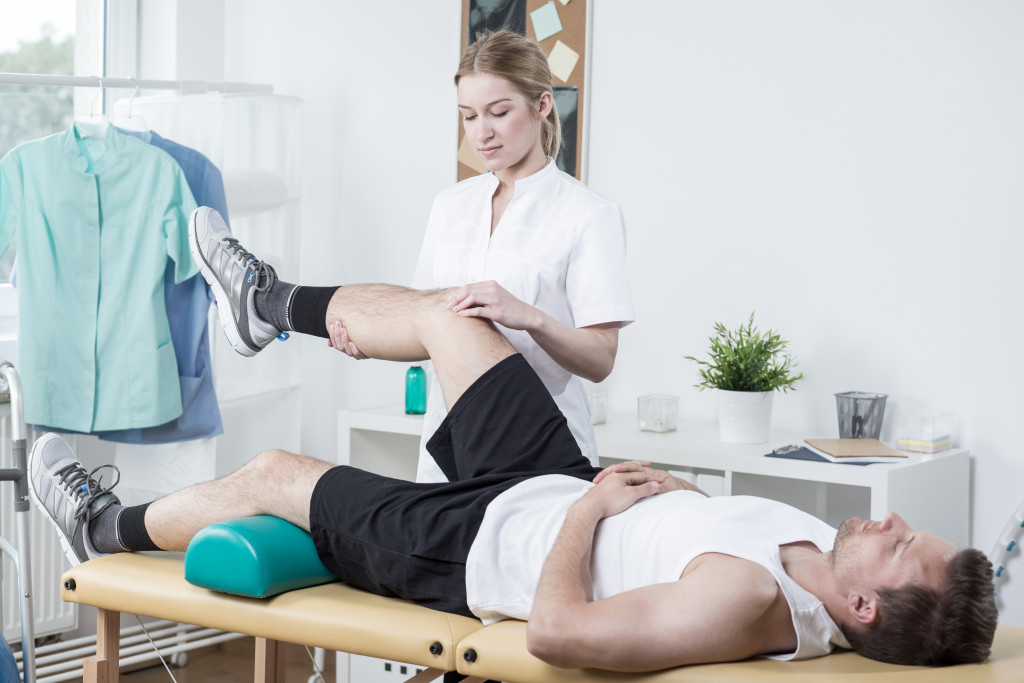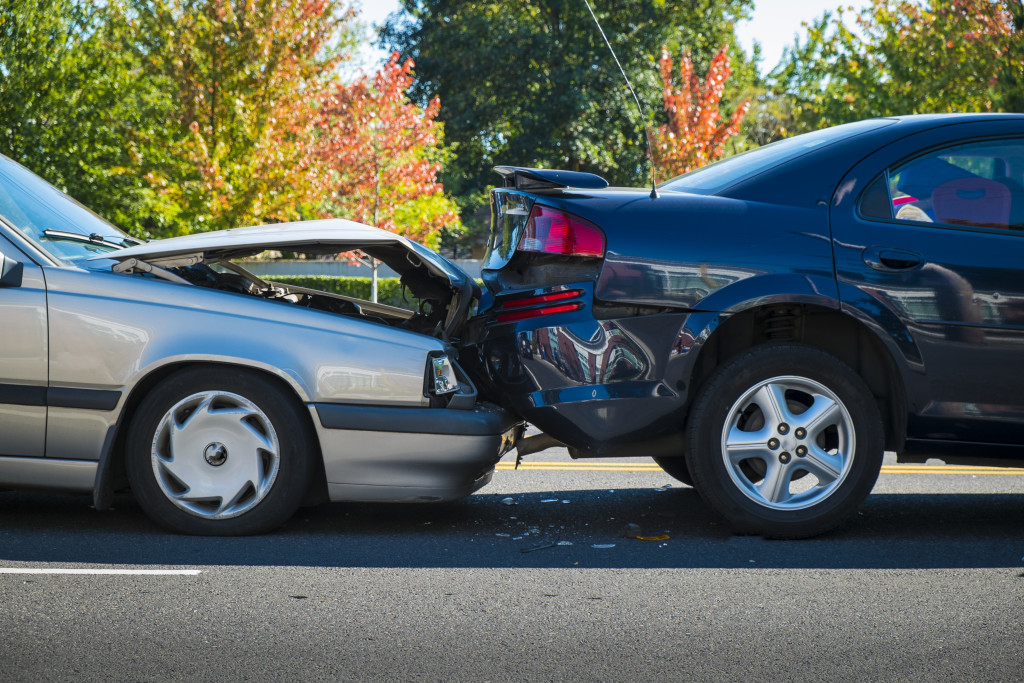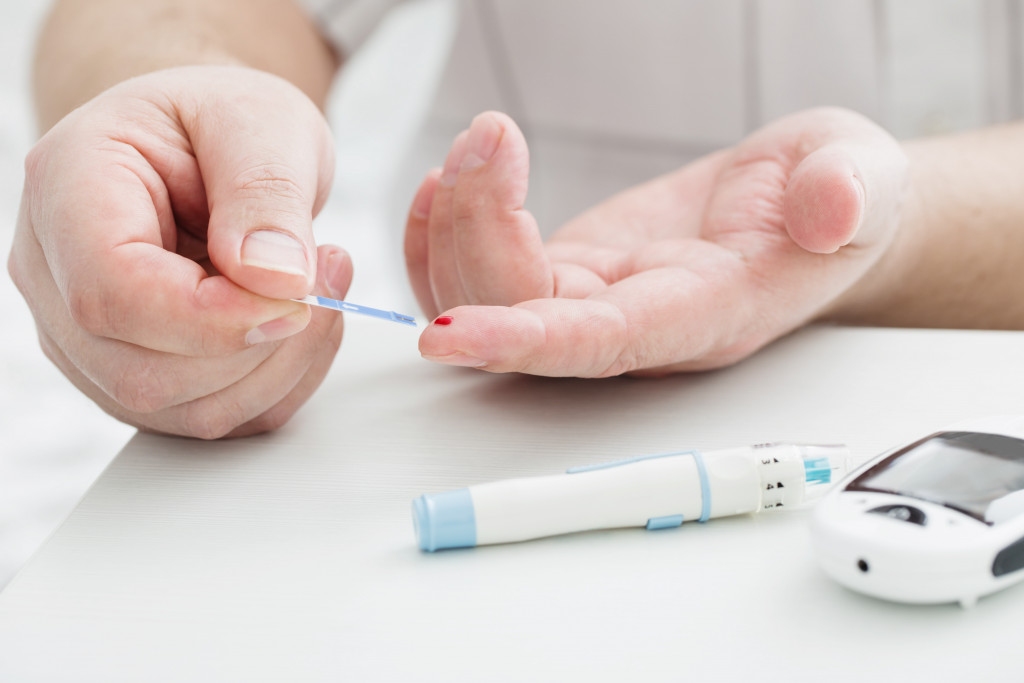If you’ve recently been in an accident, your body is most likely feeling the effects of the trauma. As you navigate the road to recovery, it is important to take proactive steps to ensure that you do everything possible to help your body return to health. Here are some tips and tricks for physically recovering from an accident.
Rest and Relaxation
One of the best things you can do after experiencing a traumatic event like an accident is to rest and relax. Taking time out of your day or week to allow your body and mind to rest can make all the difference in your physical recovery process. Multiple studies have confirmed that rest can help expedite recovery, giving your body the time it needs to repair and rebuild itself. Whether taking a day off work or simply taking a break from your routine, permit yourself to relax as much as possible. Even if it means just sitting with a cup of tea or relaxing outdoors, take all the time you need to recover.
Stay Hydrated
Drinking plenty of water will not only boost energy, but it will also help your body heal itself in the aftermath of an accident. Water is essential to maintaining health and well-being as it helps keep joints lubricated and muscles hydrated—both critical in physical recovery. Drink at least eight glasses of water daily and add lemon or lime to boost vitamins and minerals. Avoid drinking sugary or caffeinated beverages, as these can inhibit recovery and cause dehydration.
Eat Nutritious Meals
Eating well-balanced meals is essential for providing our bodies with energy and proper nourishment, both of which are necessary for overall health and healing after an accident. Incorporate plenty of fruits, vegetables, lean proteins, and complex carbohydrates into your diet. These foods contain vitamins and minerals to help repair damaged cells and tissues while promoting muscle growth.
You should also add healthy fats such as avocados, nuts, and olive oil to your diet. These will provide your body with the essential fatty acids needed for healing and recovery. Additionally, staying hydrated by drinking lots of fluids throughout the day helps keep our bodies functioning optimally during stress or injury by helping flush out toxins and supporting healthy organ function.
Stay Active
It may seem counterintuitive, but exercise can be helpful when recovering from an accident. Low-impact activities like walking, swimming, and yoga are all excellent ways to keep your body healthy and strong. Exercise helps relieve stress, promote circulation, and speed up healing. It is important, however, to not overdo it—give yourself time to heal before pushing too hard. This may mean taking a few days off from exercise and focusing on rest or engaging in activities that are gentle on the body.

See a Chiropractor
Seeing a chiropractor for accidents can hugely benefit the recovery process. Chiropractors use chiropractic manipulation to realign joints and help ease the pain to reduce inflammation, improve the range of motion, and bring about a quicker return to health. Additionally, chiropractic care helps encourage proper blood and nerve flow to affected areas, which can help speed up recovery. Consult with a chiropractor if you need physical rehabilitation or additional support throughout your recovery process.
Physical Therapy
Physical therapy can be hugely beneficial in aiding physical recovery after an accident. A physical therapist will assess any injuries sustained in the accident, design a tailored exercise plan for healing, advise on how best to manage pain, and help increase mobility. It’s also important to keep up with any prescribed exercises at home. This will help speed recovery and strengthen weakened muscles due to injury or strain.
Be Gentle with Yourself
Recovering from an accident can be a long and frustrating process. Take it one step at a time. Give yourself grace, be gentle with yourself, and remember that the road to recovery may be long. Still, it will eventually lead you back to health. You can also take this time to reflect on what happened and to learn from the experience. Try to connect with your body and listen to what it needs. This will help you stay mindful of your progress as you heal.
Ultimately, the main focus should be on feeling better. Adopting these tips can help you along the road to recovery and ensure a quicker, healthier healing process. By taking good care of yourself mentally and physically during this process, you will surely return to your full health in no time. With patience and dedication, you can return to your full strength in no time.



